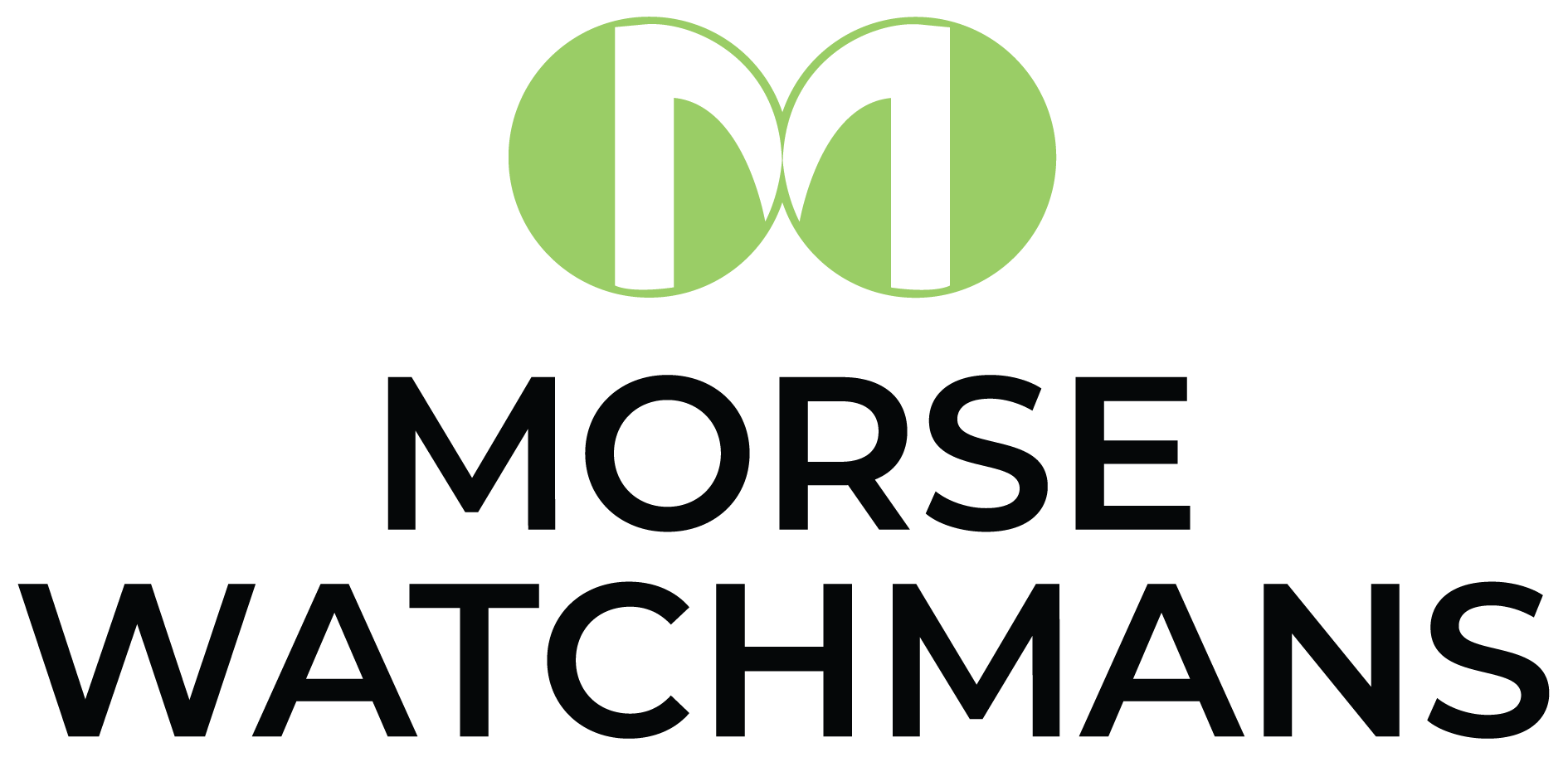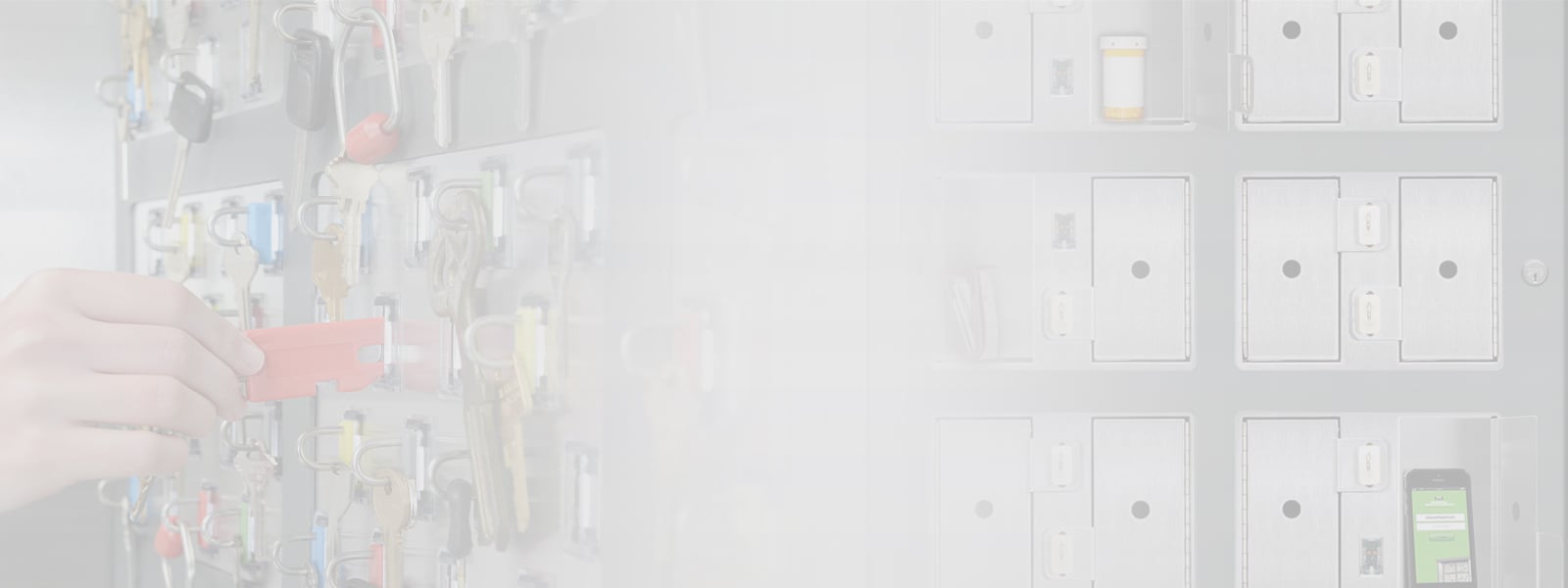
There are many different technologies that have been developed over time to track important assets, each with a variety of benefits to best fit your business’ needs. It can be difficult, however, to determine which tracking technology is the best fit. Let’s take a deeper look into the common tracking devices you may consider.
Global Positioning System, or GPS
The Global positioning system, (GPS) is owned by the US Government, and utilizes a network of orbiting satellites that transmit unique data to a GPS receiver to determine your position based on the time it takes those signals to travel. It doesn’t require any data transmission from the user, operates independently of internet or telephone signal and is freely accessible to anyone with a GPS receiver. Specialized satellites with stable atomic clocks are devoted to transmission of data about their current time and position, allowing receivers to monitor multiple satellites (at a minimum of four) and use mathematics to determine their position in relationship to those satellites. It can then transmit that information through a cellular network or other longer-range system. GPS takes a lot of energy to run and each unit is fairly expensive, making them most useful for vehicle positioning, where they can make use of the vehicle’s battery to run efficiently.
Radio Frequency Identification
RFID consists of a reader, a reader antenna, and a tag, which use “reflected power communication” to communicate using electromagnetic radiation in the radio range to identify any nearby tag number. When an RFID tag comes within range of an RFID reader, it is detected and read. Tags near to a reader, which have no power source of their own, absorb enough energy from the reader to begin functionality and transmit a small amount of data (the tracking number) to the reader. There are both passive RFID, often called NFC (near-field communication), and active RFID styles of RFID tags.
Active RFID tags are used for tracking assets throughout an operation or facility. Active tags include a battery and more complex circuitry that allow for much longer detection and read distances. With these systems, tracking a large number of assets within the confines of a facility is extremely accurate and can provide real-time information, however, they are limited to the controlled environment in which they are installed and are far more expensive than NFC tags, at approximately $25 compared to pennies each for an NFC tag.
Near Field Communication
NFC tags, which contain passive data, can be scanned by devices by detecting a reader and using the energy of the reader to transmit data; it is this technology that powers systems like Apple Pay and many public transportation payment systems. NFC tags also power anti-theft devices, like those in retail stores that set off alarms when taken through an exit. In general, NFC is ideal for tracking items that are brought through a choke point, such as luggage tags, traffic monitoring, or shipping crates. NFC tags are also extremely inexpensive, which makes them a good choice for asset management operations.
Which is right for you?
With so many different tracking technologies available, it can be difficult to tell which will be the right choice for your business needs. GPS is high in cost and energy consumption, but also has an unlimited range and is real-time accurate, making it excellent for vehicles that travel all over the world. Active RFID also requires a power source, but requires less energy. Its range, however, is smaller and best-suited for pinpoint-accurate location tracking within a facility. NFC, or passive RFID, has an even shorter range, requiring the reader to initiate functionality, but is significantly lower in cost and has no energy requirements, making it an excellent choice for asset tracking. Let us help ensure that you choose the right tracking technology for your business’ budget and tracking needs. Get In Touch Here.




